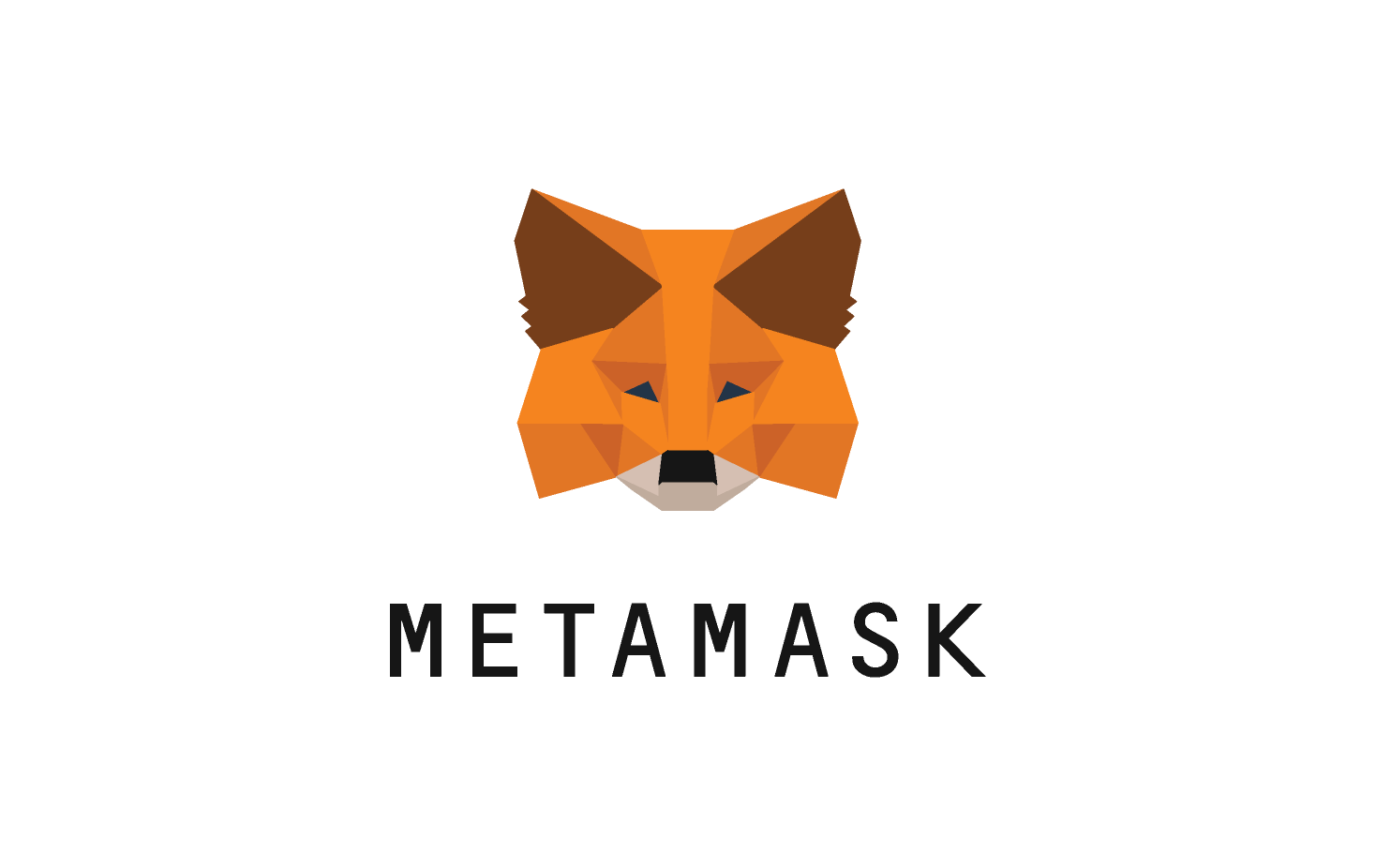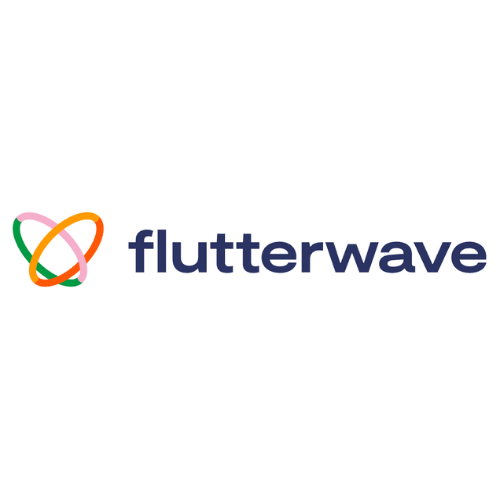
Vavelverse
Vavelverse is a massively multiplayer online (MMO) game developed by gaming and tech company Vavel Games. It features an intricate multiverse of interconnected virtual worlds and across multiple MMO games. It was built on Vavel Games' proprietary, decentralized game engine which supports massive real-time player-vs-player (PvP) battles, capable of supporting thousands of players simultaneously in a single instance.
At its core, Vavelverse integrates Hedera Hashgraph technology, with support from the HBAR Foundation, to support digital ownership of in-game assets through Non-Fungible Tokens (NFTs). This allows players to own, trade, and manage their virtual items securely. The in-game economy of Vavelverse is powered by the Venly Market on the Hedera blockchain network.
The flagship game within the Vavelverse is "Imperium: Galactic War 3.0,” a space-based MMO set in a persistent sandbox universe where player actions directly impact the game's evolving economy. Vavelverse also features “Imperium: Galactic War Classic” and “Imperium: World War 3.”
Project Information
Related Projects

Coming soon..

Trustury, developed by Meeco, is a specialized platform designed to enhance the transparency and auditability of tokenized assets on the Hedera blockchain network, particularly those focused on environmental, social, and governance (ESG) criteria. It functions as an open-source interface that enables users to manage, visualize, and securely share trusted information associated with tokens and decentralized identifiers (DIDs) on the Hedera network. The platform's primary role is to support the growth and adoption of Hedera's Guardian, a modular open-source solution for creating highly auditable and compliant tokenization workflows.
It provides a public-facing dashboard or "explorer" that displays tokens from across the Hedera ecosystem, allowing stakeholders to drill down into a token’s provenance and verify its adherence to specific standards or policies, such as ESG requirements.
Trustury integrates deeply with Hedera's native services, using the Hedera Token Service (HTS) to fetch token details and its DID method for identity management. By providing clear visualization tools and a consistent mechanism for users to interact with Guardian-based assets, Trustury serves as essential infrastructure for building trusted, auditable, and sustainable digital economies on Hedera.

The Hedera Wallet Snap is a powerful open-source plugin that extends the functionality of MetaMask, one of the world's most popular crypto wallets, to the Hedera network. Developed by Tuum Technologies and managed by Hashgraph, the Snap allows users and developers to interact directly with Hedera's native services without relying on a JSON-RPC relay.
At its core, the Hedera Wallet Snap transforms MetaMask into a native Hedera wallet. This provides users with a familiar interface to manage their HBAR and other Hedera-based assets. Key services include the ability to send and receive HBAR, view account information and token balances, and interact with the Hedera Token Service (HTS), Hedera Consensus Service (HCS), and Hedera Smart Contract Service (HSCS). This comprehensive functionality empowers developers to build and deploy sophisticated decentralized applications on Hedera, while providing a seamless and intuitive experience for end-users.
The integration of the Hedera Wallet Snap opens up the network to MetaMask's vast user base of over 30 million monthly active users, greatly expanding the potential reach of Hedera-based applications.

Flutterwave is a U.S.-based, Africa-focused fintech company founded in 2016. Its mission is to build a modern payment infrastructure to connect Africa to the global economy, simplifying commerce for businesses of all sizes across the continent and other emerging markets. The company provides a unified platform that allows merchants to make and accept payments without the complexities of navigating fragmented financial systems.
It offers a comprehensive suite of products and services through a single API. For enterprises and small businesses, this includes payment processing for various methods such as credit cards, mobile money, and bank transfers through its Flutterwave Checkout and Payment Links products. It also provides tools to create online stores (Flutterwave Store), issue invoices, and manage cross-border payouts. For individuals, its Send App facilitates international remittances, allowing users to easily transfer money to and from Africa.
Flutterwave has partnered with Hedera to integrate USDC stablecoin settlements on the Hedera network.
